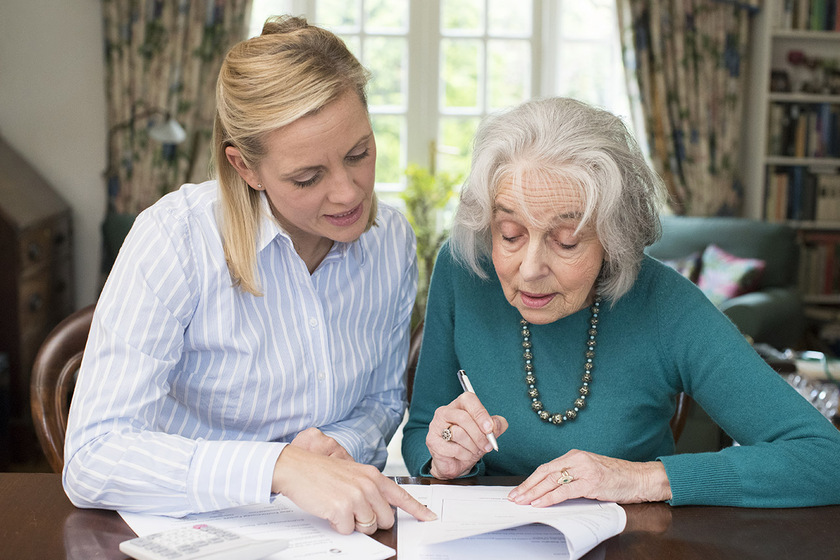Caregiver burnout is a tough subject to talk about. It’s not just a nurse, doctor, or social worker who can run into this issue – it could quickly happen to any caregiver. As a caregiver to a golden-age loved one, you will find yourself facing certain situations and circumstances. Some of them will be good while others will be terrible. It may take a lot of time and patience, but you won’t get burned out if you have the right mindset in taking care of your senior loved one requiring assistance at home or an assisted living community.
But you shouldn’t ignore it. Caregiver burnout is real and can affect both your health and caregiving abilities. Burnout will hamper you from making the right decisions for your loved one or personal care. Burnout can also affect your loved one’s overall well-being, as well as the quality of their care and the support they receive in the long run. So, when should you start worrying about caregiver burnout? You should be aware of some burnout signs before you go into full-blown caregiver mode. Stay alert for these signs of caregiver fatigue so that you can move forward with your loved one’s care without suffering from grief overload.
Constant, Persistent Headaches
A persistent headache can be annoying at best and debilitating, if not dangerous, at worst. Ongoing headaches, though, can indicate caregiver burnout, and you should know the warning signs to look out for, especially if you are providing care to a friend or loved one who is ill or elderly. These are some of the indications that you may be heading towards burnout:
Frequent Bouts Of Illness
Are you catching every cold or flu that comes along? When was the last time you had a week of perfect health? If it’s been a while, and your immune system seems to be running on fumes lately, it might be a sign of caregiver burnout. This can lead to feeling overwhelmed at times, making you more vulnerable to more illnesses.
Helplessness
It’s easy to feel overwhelmed when you’re caring for someone who is elderly or disabled. If you find yourself hopelessly lost in your caregiving duties, it’s time to step back and give yourself a break. Get help from family members, friends, social workers, or other professionals who can provide personal care for your loved one.
Melancholy
When a caregiver is sad and lonely, he or she might turn to alcohol or drugs to get through day-to-day life. This can be a serious problem as more than half of substance abusers report that they first started using drugs or alcohol to cope with stress in their lives. While there are many reasons for sadness and depression, including genetics, illness and work overloads—if you’re feeling low on energy and showing signs of sadness like decreased sex drive or not being able to enjoy your favorite activities—these could be signs that you’re overworked, underpaid or too stressed out. Feeling down in an otherwise happy life isn’t normal, so if it’s happening to you regularly, call for help.







